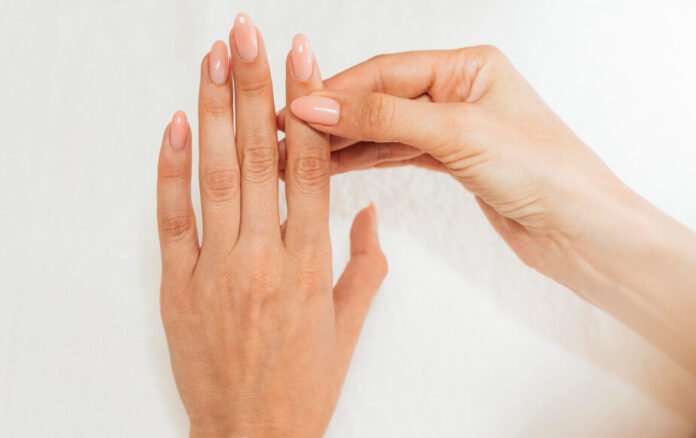Experts reveal how biological age and nails growth can indicate your ageing speed
The way your nails grow could hold the key to understanding how fast you’re ageing, according to genetics expert Dr David Sinclair. While many people look to grey hair and wrinkles as signs of the passing years, nails can offer a less obvious but crucial clue to your biological age. This is not just about how many candles are on your birthday cake, but the real measure of your health and longevity.
Dr Sinclair, a tenured Professor in the Department of Genetics at Harvard Medical School, suggests that the rate of nail growth is a clear marker of how well—or poorly—your body is ageing. He highlights a significant discovery made in a 1979 study by the Orentreich Foundation for the Advancement of Sciences. The study revealed that the rate at which your nails grow decreases by up to 50 per cent over the course of your life.
The significance of this drop goes beyond vanity. As the nails grow slower, this could point to a decline in cellular health, indicating that your biological age is advancing faster than your chronological age. In simpler terms, while you may feel young, your cells may be ageing faster than you realise, leading to a shorter health span—the years you live without disease and remain active.
The idea of biological age, as opposed to chronological age, has gained increasing attention among health experts. Biological age is a reflection of how well your body has aged at a cellular level. If your biological age is lower than your chronological age, it means you’re ageing slower and may enjoy a longer, healthier life. On the other hand, if the rate of ageing is faster than your actual age, your risk of age-related diseases increases.
Embed from Getty ImagesDr Sinclair’s insight comes at a time when the pursuit of longevity and the fight against age-related decline have never been more relevant. Advancements in genetic science are continually shaping how we think about health and the inevitable process of ageing. Although most of us may focus on external signs of age, such as wrinkles and grey hair, Dr Sinclair suggests we should pay more attention to our nails as a reflection of our internal health.
While the appearance of nails can provide some immediate visual clues—such as discolouration or changes in texture—experts warn that nail growth rate is one of the more subtle signs of biological age. If you’re noticing your nails grow more slowly, it could be time to reconsider your overall health and lifestyle.
Moreover, nail health can sometimes be a precursor to more serious issues. Changes in the nail growth rate, coupled with other symptoms such as changes in skin texture, fatigue, or muscle weakness, may indicate that something deeper is at play. It’s advisable to consult a GP if you notice significant changes in your nail growth or other unexpected symptoms.
In addition to biological age, nail health can be influenced by various factors, including diet, genetics, and underlying health conditions. For instance, a deficiency in certain vitamins or minerals can affect nail growth, causing them to become brittle or slow-growing. In these cases, adjusting your nutrition may help improve your nails’ health and, by extension, offer some insight into your overall health.
However, the growing understanding of how small changes in our nails can signal much larger health trends presents an important opportunity for preventative care. By monitoring the growth of your nails and staying in tune with other signs of ageing, you might be able to make adjustments that promote a longer, healthier life.
